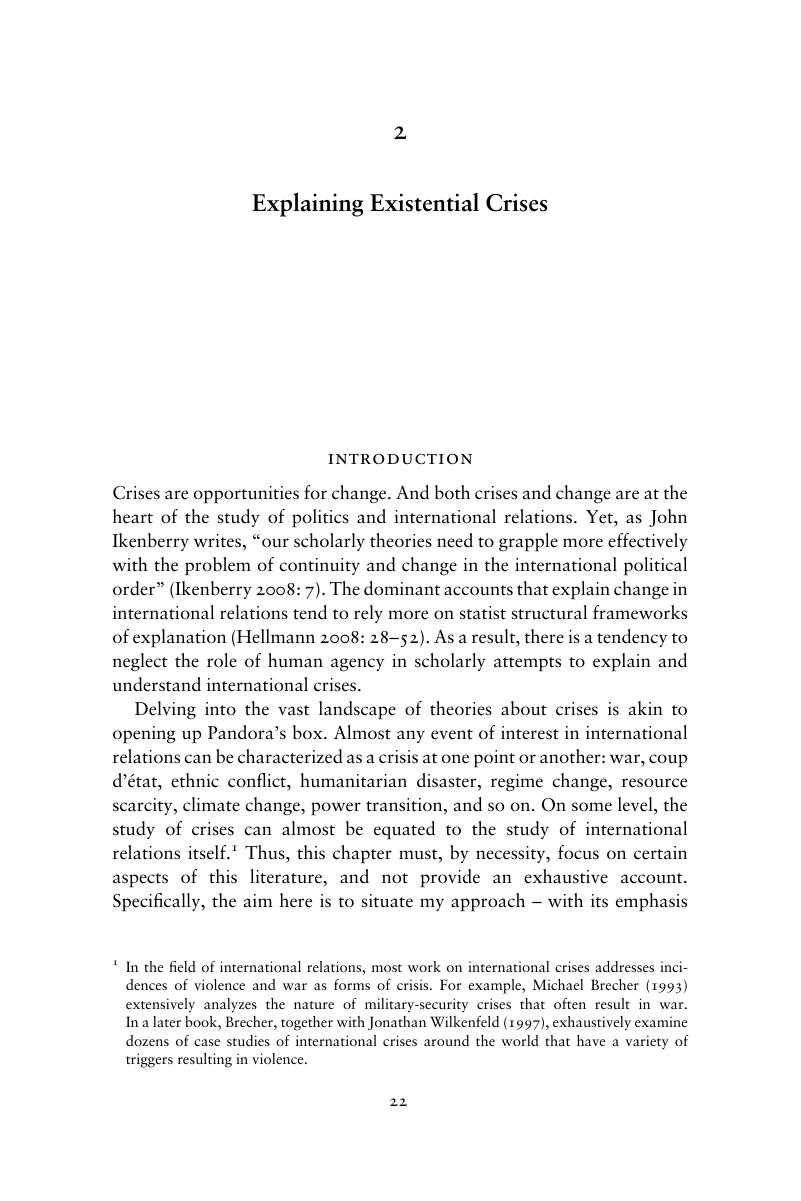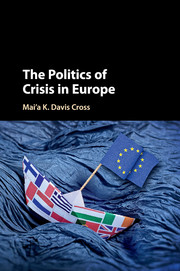Book contents
2 - Explaining Existential Crises
Published online by Cambridge University Press: 24 March 2017
Summary

- Type
- Chapter
- Information
- The Politics of Crisis in Europe , pp. 22 - 53Publisher: Cambridge University PressPrint publication year: 2017



